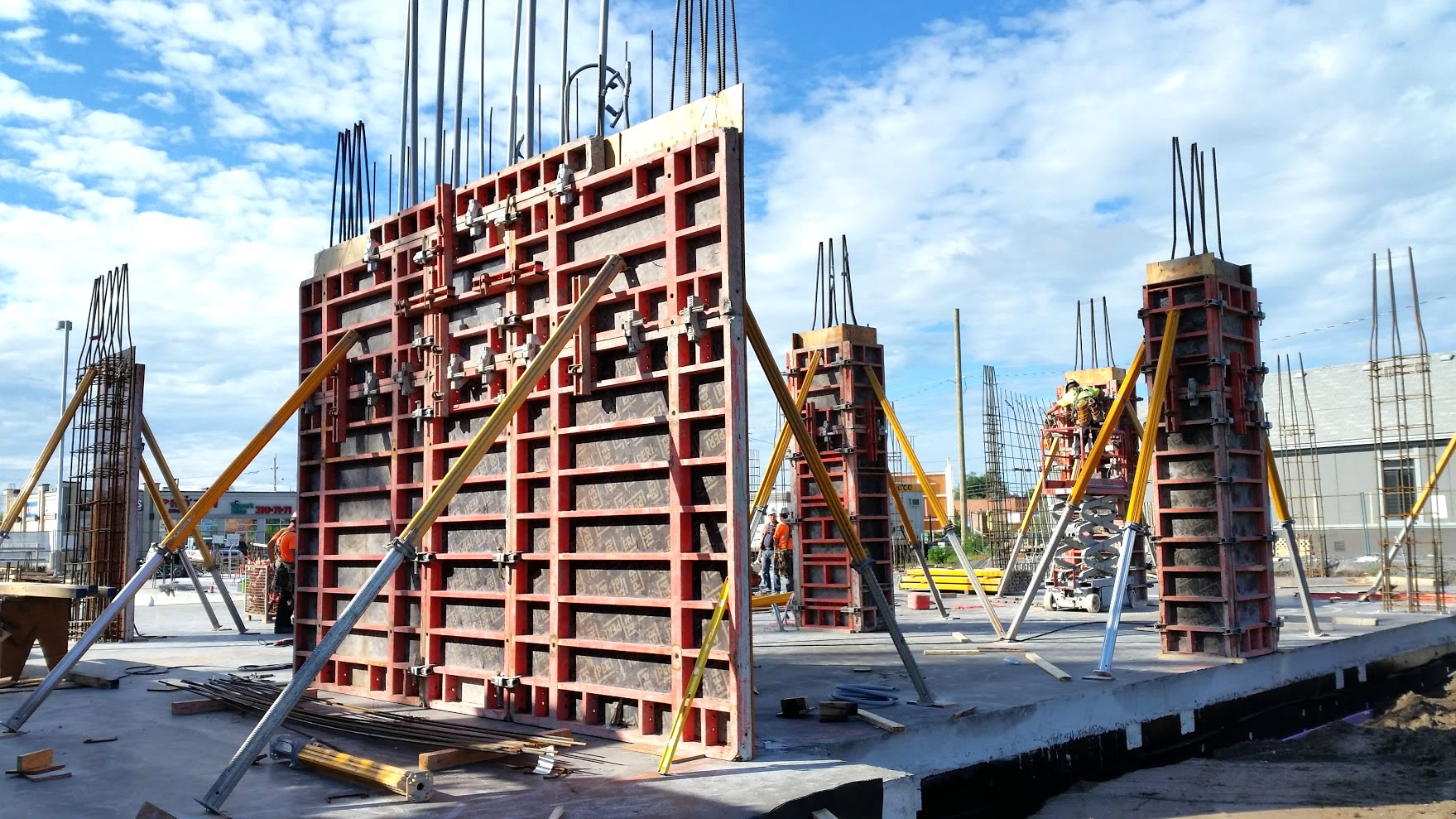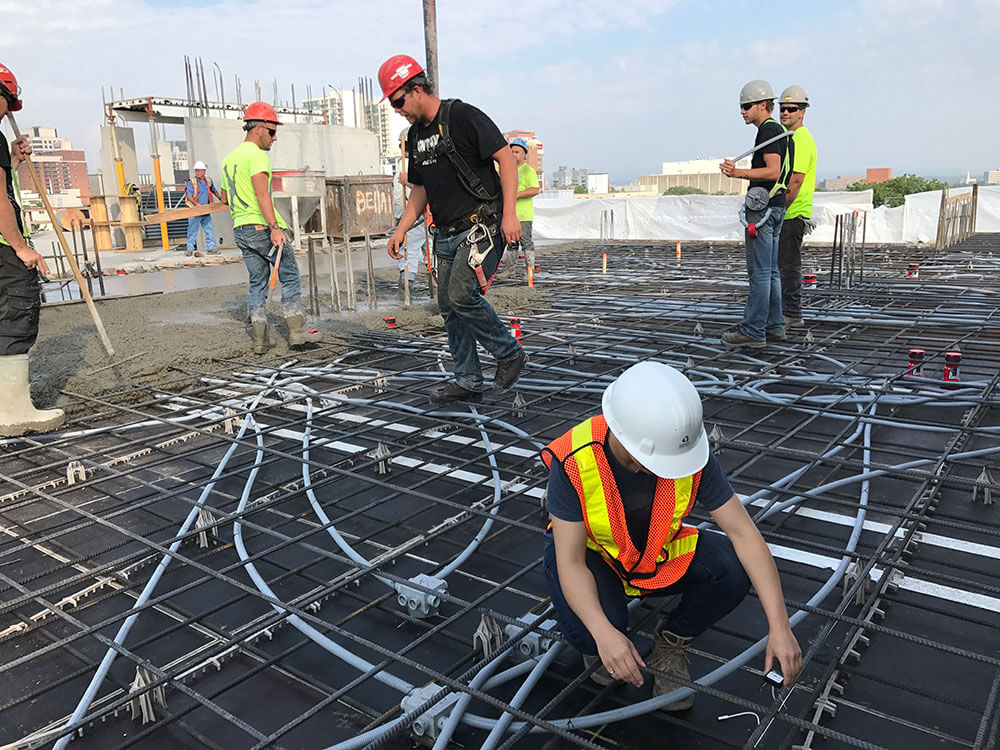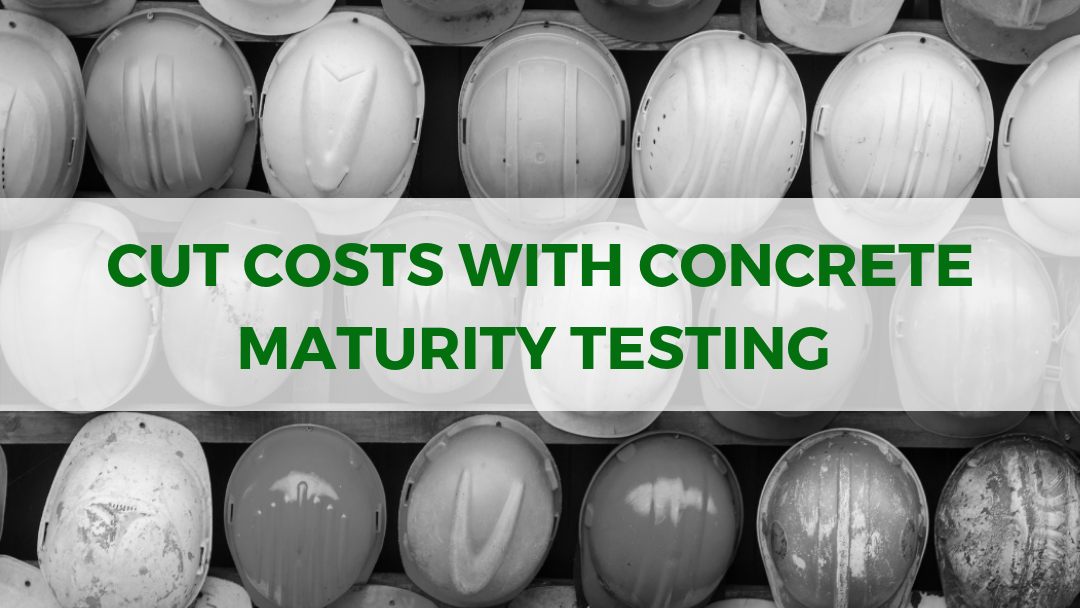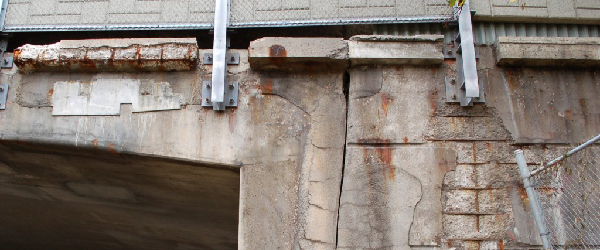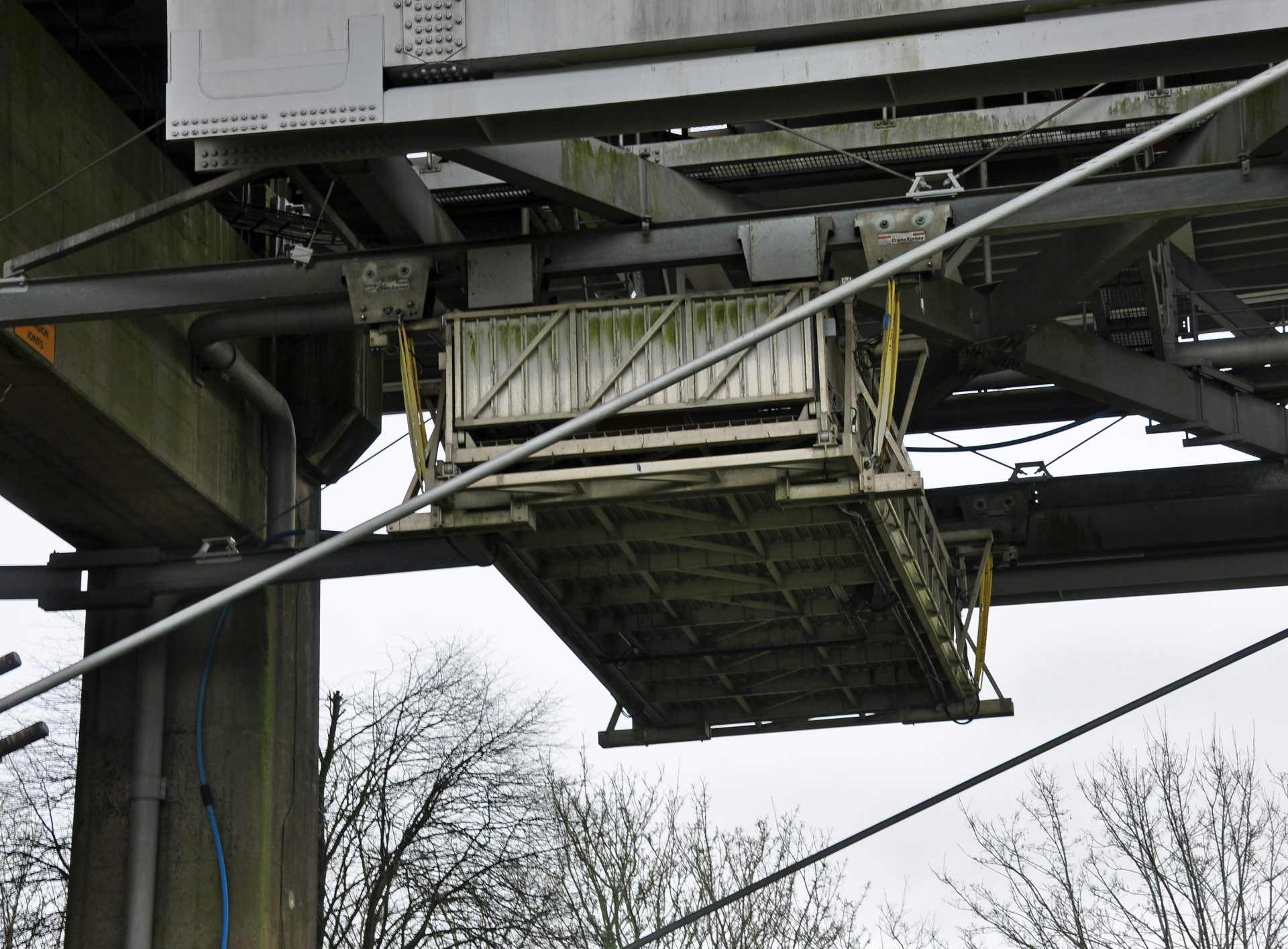When the image of concrete enters one’s mind, an object with the inherent characteristics of solidity, heaviness and opaqueness presents itself as this is the only form in which we have been exposed to. However, with the development of new concrete mixtures, this is about to change. Often dubbed as the ‘quintessential material’ and an ‘indispensable material’, engineers are now expanding concretes’ sculptural and expressive possibilities.

By switching the ingredients of traditional concrete with transparent ones, or embedding fiber optics, translucent concrete has now become a reality. That’s right –we are talking about concrete that acts both as window and wall – simultaneously glowing, ethereal and structural. Though as with any new material, challenges and problems related to cost and manufacturing ease are hurdles we have yet to surpass, over time translucent concrete will become easier to manufacture and more available. In turn, engineers and architects will be able to expand the utilization of this innovative material from furniture to entire buildings.
How Translucent Concrete is Made
There are several approaches engineers have come up with for the production of translucent concrete. One approach is to exchange the traditional concrete ingredients with transparent or translucent alternatives such as pieces of plastic or glass. The binding agent too can be switched with a type of transparent glue.
Another approach is the “combination of optical fibers in fine concrete” – a formula explored by Hungarian Architect Aron Losoncze. This formula uses very fine aggregate to encase optical fibers that then allow light to transmit from one side of a block to the other. This is a slow, manual process where concrete and optical fibers are layered over each other creating a long beam that is then cut into blocks. This is the most fully explored and common method for producing translucent concrete to date.
Potential Problems
As it is pivotal that concrete mixtures be ‘just right’ in order to maintain structural strength, the main potential cause of concern for this new material is just that. Noting that past experimental translucent concrete mixes have failed to produce structural consistency, and lab tests have shown panels to be too fragile to withstand wind and rain, it is critical that the new mixtures be extensively tested for strength in order to uncover the most optimal mixture before any sort of construction project goes underway. Some suggestions for increasing the compressive strength of translucent concrete is to use fiber reinforcing techniques or implementing the use of chemical additives aimed at increasing strength.
http://illumin.usc.edu/245/translucent-concrete-an-emerging-material/


